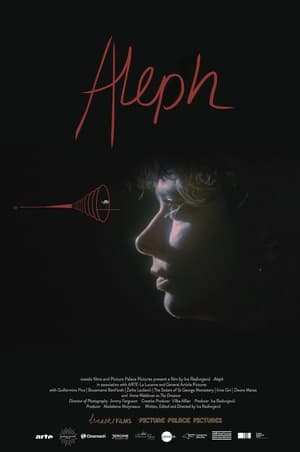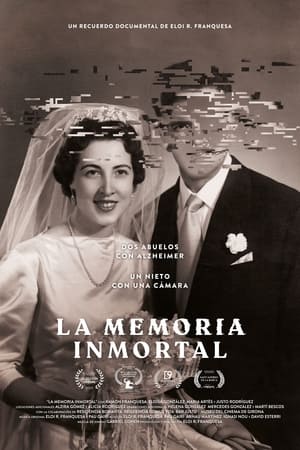
Cycle of Memory(2022)
Mel Schwartz escaped the Great Depression on a bicycle adventure he'd remember for the rest of his life... until Mel lost his memory to Alzheimer's. Now over seventy-five years later, his grandchildren set out to recreate his life-changing journey and find those memories before they slip away. Cycle of Memory explores the importance of intergenerational connection, healing painful pasts, and leaving a meaningful time capsule for the future.
Movie: Cycle of Memory
Top 4 Billed Cast
Self
Self
Self
Self
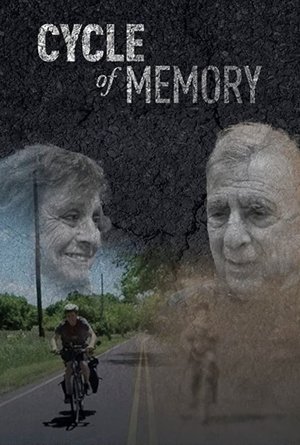
Cycle of Memory
HomePage
Overview
Mel Schwartz escaped the Great Depression on a bicycle adventure he'd remember for the rest of his life... until Mel lost his memory to Alzheimer's. Now over seventy-five years later, his grandchildren set out to recreate his life-changing journey and find those memories before they slip away. Cycle of Memory explores the importance of intergenerational connection, healing painful pasts, and leaving a meaningful time capsule for the future.
Release Date
2022-07-18
Average
0
Rating:
0.0 startsTagline
Genres
Languages:
EnglishKeywords
Similar Movies
Diameter of the Bomb(en)
Since the renewed Intifada began in 2000, there have been over 75 Palestinian suicide bombings. This is the story of 0ne-the bombing of bus 32 in Jerusalem in June 2002. The film connects the stories of a group of ordinary Israelis-Jews and Arabs. Each of them holds a clue to someone who died that day.
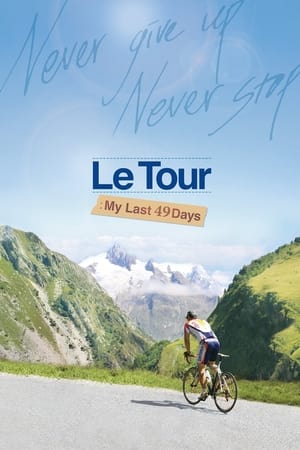 0.0
0.0Le Tour: My Last 49 Days(ko)
Yun-hyeok is a young man who was diagnosed with rare cancer in the age of 26. To him, the bicycle that has been with him to fight against the illness is the hope of life. After the illness recurs, he stops receiving anticancer therapy and sets off to France with the goal of completing Tour de France, the dream of all cyclists. But as soon as he starts riding, his fellow cyclist gets injured, and right after that, his bicycle breaks in an accident. With unexpected accidents and incidents, the conflict and discord in the interim group of ten cyclists grow more and more until it explodes into a quarrel. The dream of running the entire Tour de France, the dream he visualized onto the ceiling of the hospital room–could Yun-hyeok make the dream come true?
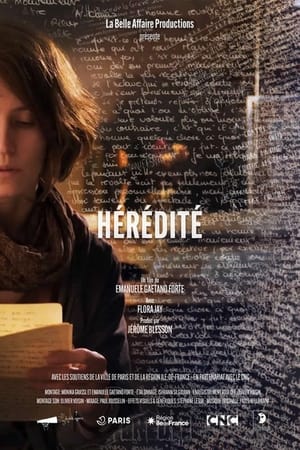 6.0
6.0Heredity(fr)
Flora, 30, is a French geneticist. She analyzes what is transmitted or not between generations. She lost her parents who were fervent Maoists within the proletarian Left from the end of the 1960s. She must now sort through her parents' apartment: what to choose to keep or not from their memory?
 7.6
7.6Terry Pratchett: Back in Black(en)
A poignant and humorous film telling the life story of the hugely popular author of the discworld series of books, in his own words.
 7.0
7.0While You're Still You(es)
After 50 years in theatre, film and television, Carme Elias is diagnosed with Alzheimer's Disease. Together with Claudia Pinto, a director and friend, they decide to record her last conscious voyage. The characters played by Carme accompany this difficult period, while the borders between fiction and reality disappear. While You're Still You is a constant game of mirrors, a pact of love and friendship.
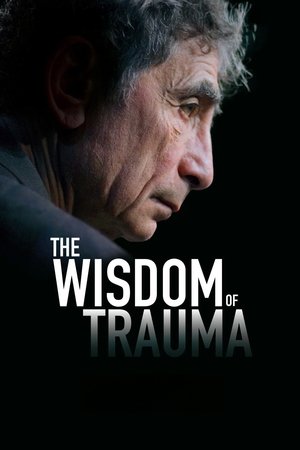 6.9
6.9The Wisdom of Trauma(en)
One in five Americans are diagnosed with mental illness every year. Suicide is the second most common cause of death in the US for youth aged 15-24, and kills over 800,000 people globally per year. Drug overdose kills 81,000 in the US annually. The autoimmune disorder epidemic affects 24 million people in the US alone. What is going on? The interconnected epidemics of anxiety, chronic illness and substance abuse are, according to Dr. Gabor Maté, normal - but not in the way you might think.
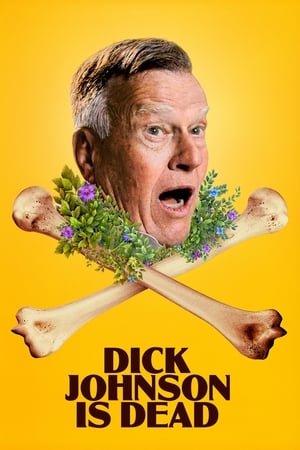 7.1
7.1Dick Johnson Is Dead(en)
With this inventive portrait, director Kirsten Johnson seeks a way to keep her 86-year-old father alive forever. Utilizing moviemaking magic and her family’s dark humor, she celebrates Dr. Dick Johnson’s last years by staging fantasies of death and beyond. Together, dad and daughter confront the great inevitability awaiting us all.
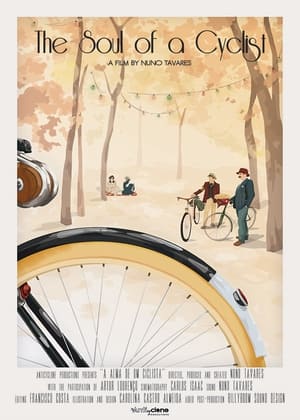 6.0
6.0The Soul of a Cyclist(pt)
A documentary about cycling and those who participate in it, from the point of view of various people. From South to Center Portugal, and even the UK, France and Spain, it aims to understand the passion of cyclists when it comes to this hobby and, most particularly, old-school bikes
 7.3
7.3The Money Masters(en)
A documentary that traces the origins of the political power structure that rules our nation and the world today. The modern political power structure has its roots in the hidden manipulation and accumulation of gold and other forms of money.
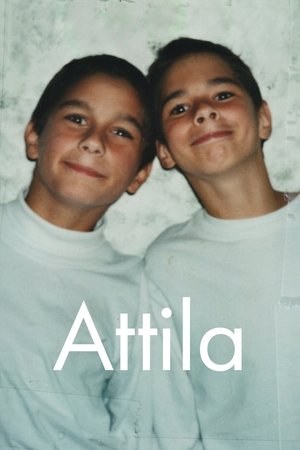 0.0
0.0Attila(en)
Filmmaker Stephen Hosier takes a journey with Richard Csanyi, his childhood friend, as he investigates the life and death of his twin brother Attila, who was found dead on a rooftop in 2020.
 0.0
0.0Obaida(en)
OBAIDA, a short film by Matthew Cassel, explores a Palestinian child’s experience of Israeli military arrest. Each year, some 700 Palestinian children undergo military detention in a system where ill-treatment is widespread and institutionalized. For these young detainees, few rights are guaranteed, even on paper. After release, the experience of detention continues to shape and mark former child prisoners’ path forward.
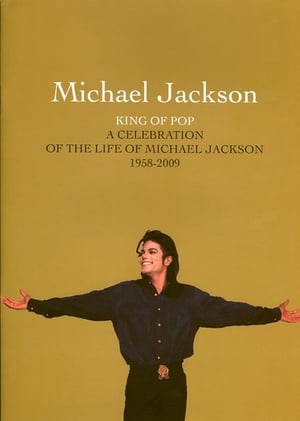 8.0
8.0Michael Jackson Memorial(de)
A live telecast of the public memorial service for the king of pop, Michael Jackson.
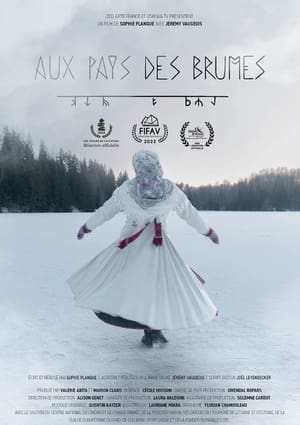 8.0
8.0In the Lands of Mist(fr)
Does Europe also have its own animistic heritage, like Pachamama in South America and Shinto in Japan? If so, which one? In the Misty Lands, i.e. Estonia, Latvia and Lithuania, a sacred fire is lit on the winter solstice to celebrate the return of the sun and ancient beliefs that have been forgotten in the rest of Europe for thousands of years. Sophie Planque and Jérémy Vaugeois decided to take a journey on bicycles to experience the Baltic winter and meet the people who keep their ancestral culture alive. A unique heritage that reinforces a deep relationship with nature.
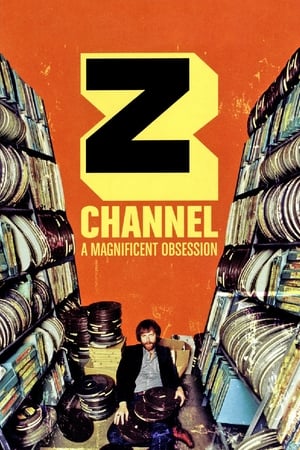 7.0
7.0Z Channel: A Magnificent Obsession(en)
A documentary on the Z Channel, one of the first pay cable stations in the US, and its programming chief, Jerry Harvey. Debuting in 1974, the LA-based channel's eclectic slate of movies became a prime example of the untapped power of cable television.
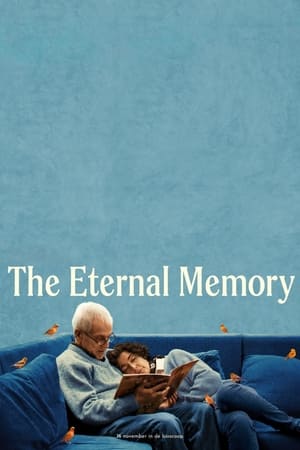 8.0
8.0The Eternal Memory(es)
Augusto and Paulina have been together for 25 years. Eight years ago, he was diagnosed with Alzheimer's disease. Both fear the day he no longer recognizes her.
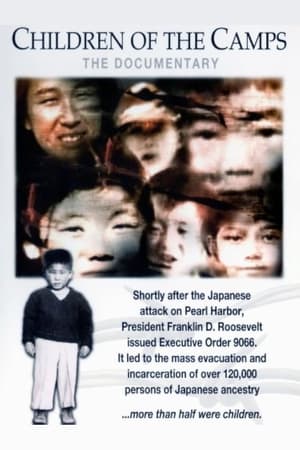 0.0
0.0Children of the Camps(en)
Documentary following six Americans of Japanese ancestry who were held in U.S. internment camps during World War II.
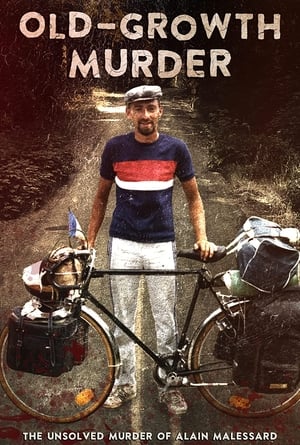 2.0
2.0Old Growth Murder(en)
A feature-length documentary exploring the unsolved murder of French bicyclist Alain Malessard who was found dead in an Oregon Coast campground on Thanksgiving 1987.
 5.2
5.2Mrs. Fang(zh)
In a quiet village in southern China, Fang Xiuying is sixty-seven years old. Having suffered from Alzheimer's for several years, with advanced symptoms and ineffective treatment, she was sent back home. Now, bedridden, she is surrounded by her relatives and neighbors, as they witness and accompany her through her last days.
